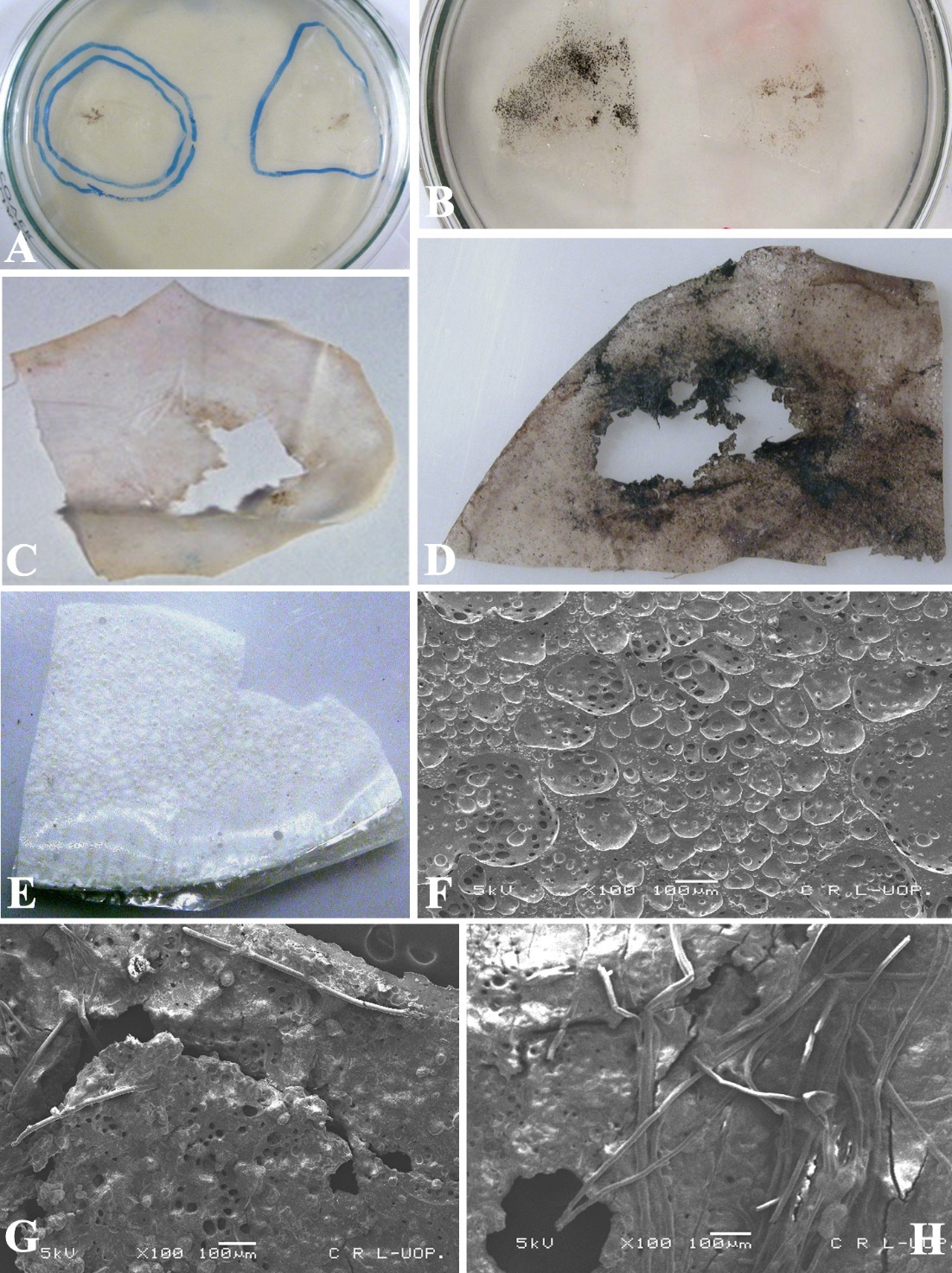Chinese scientists revealed on Friday that they have successfully extracted a new fungus from plastic waste, which is capable of degrading polyurethane (PU), a chemical commonly used in the manufacture of plastic-related materials.
PU, also known as the fifth largest plastic, is an important and versatile class of man-made polymer present in a wide variety of products, such as foam seating, wheels and tires, high performance adhesives, surface coatings and synthetic fibers such as Spandex.
However, the xenobiotic nature and lack of degradability of polymeric materials has resulted in vast levels of environmental pollution and numerous health hazards.
Environmentalists have long denounced plastic as a long-lasting pollutant that does not fully break down. Plastic pollution can unfavorably affect land, waterways, and oceans.
Now, the global annual production of PU is estimated at about eight million tons, and the output keeps growing year by year. The accumulation of non-degradable PU waste in the environment also causes severe pollution to the soil and water.
With the excessive use of plastics and increasing pressure being placed on locations available for plastic waste disposal, there is an urgent need to develop biotechnological processes for PU biodegradation.
The fungus isolated from soil was named Aspergillus tubingensis by a research group led by Xu Jianchu, from the Kunming Institute of Botany, Chinese Academy of Sciences (CAS).
Aspergillus tubingensis is first reported capable of degrading PU in this study. The research result was published in the journal, Environmental Pollution.
The researchers believe that biodegradation of PU by fungi is an important way to control pollution.
Ester and urethane groups in PU were attacked through the activity of PU-degrading fungi enzymes, which may be the main mechanism of action for fungus biodegradation. The study was funded by the National Natural Science Foundation of China. (Ecns.cn)

The Biodegradation Process by Fungi. (Image by KIB)




